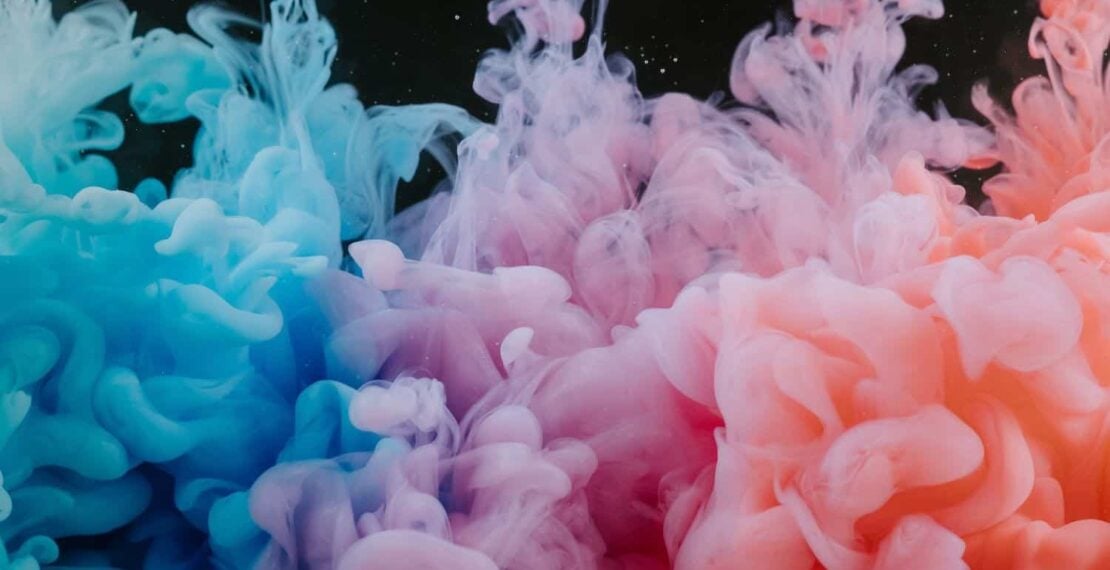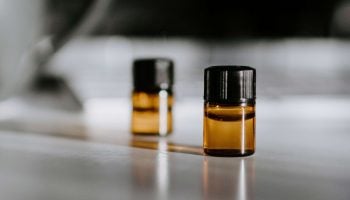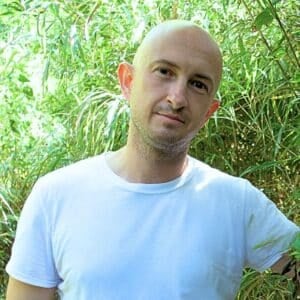Health can be defined in many ways, but an article published in Military Medicine defines it as a “dynamic quality of living where body, mind, and spirit are fully employed to make the most of each day.” Defined in this way, health can be considered synonymous to wholeness—a state where all categories of being are integrated into a cohesive whole that allows one to retain a “life-affirming view of oneself and the world“, even in the face of chronic infection or societal oppression.
Winton Churchill said that “healthy citizens are the greatest asset any country can have” as healthy citizens create a healthy infrastructure, government, and culture. Today’s citizens, however, seem to be living in a “world that’s lost its mind“. Amid ecological collapse and deteriorating trust in our institutions, it’s imperative for global citizens to enhance their own health and wholeness, because if—or when—our systems break down, it is our own character as a people that will determine whether the end result is destruction or a rebirth into a more beautiful world.
So what might a toolkit for wholeness look like? Jamie Wheal, the director the Flow Genome Project, suggests an “Alchemist Cookbook” consisting of breathwork, embodiment, music, sex, and, you guessed it—psychedelics.
More than just a recreational drug, LSD, or lysergic acid diethylamide, can be a catalytic tool towards wholeness thanks to its ability to break through limiting beliefs, heal trauma, and reconnect us to each other and the earth. This article takes a comprehensive look at the positive physical, psychological, and spiritual effects of LSD use, in both small and large doses.
Benefits of microdosing LSD
Microdosing is the practice of consuming sub-perceptual doses, or low doses, of a psychedelic substance to achieve enhanced levels of creativity, energy, focus, and improved relational skills. Even though microdosing involves taking a small dose of a hallucinogenic drug, when done properly, you will not experience hallucinations.While microdosing still involves consuming a Schedule I substance, Silicon Valley tech workers and books like Ayelet Waldman’s A Really Good Day have promoted a surge of interest in this modality, both in private use and controlled research.
Physical: Pain Management and Neuron Growth
When you think of “pain medication”, you probably imagine little white pills in an orange container, not blotter paper or gel tabs. However, researchers at Maastricht University found that a single microdose of LSD produced analgesic effects in its participants for up to and possibly more than five hours.
Participants performed the Cold Pressor Test, which involves submerging your hand in 3°C (37.4°F) water for as long as possible. Those who took 20 ug of LSD kept their hands submerged for 20% longer than the control group, and reported decreased “subjective levels of experienced painfulness and unpleasantness”.
Interestingly, LSD’s analgesic effect was about as significant as similar doses of oxycodone (OxyContin) and morphine. Considering our country’s current substance use and opioid crisis, where 80% of heroin addicts started off with an opioid prescription, this study promises a high potential for exploring alternative tools (other than cannabis) for pain relief.
In addition to pain management, microdosing LSD can also give those 86 billion neurons in our brains some help in development and growth. BDNF, or Brain-Derived Neurotrophic Factor, is a protein that promotes the growth of new neurons, strengthens existing ones, and improves synaptic signaling between neurons.
In small doses of between five and 20 ug, LSD increases the amount of BDNF in blood plasma. In other words, if your neurons are the roots in the gelatin soil of your brain, microdoses of LSD can act as a powerful fertilizer for a healthy, verdant garden. As mood disorders like depression have been linked to impairments in neuroplasticity, LSD’s effect on neuronal health may partially explain its reported anti-depressive effects.
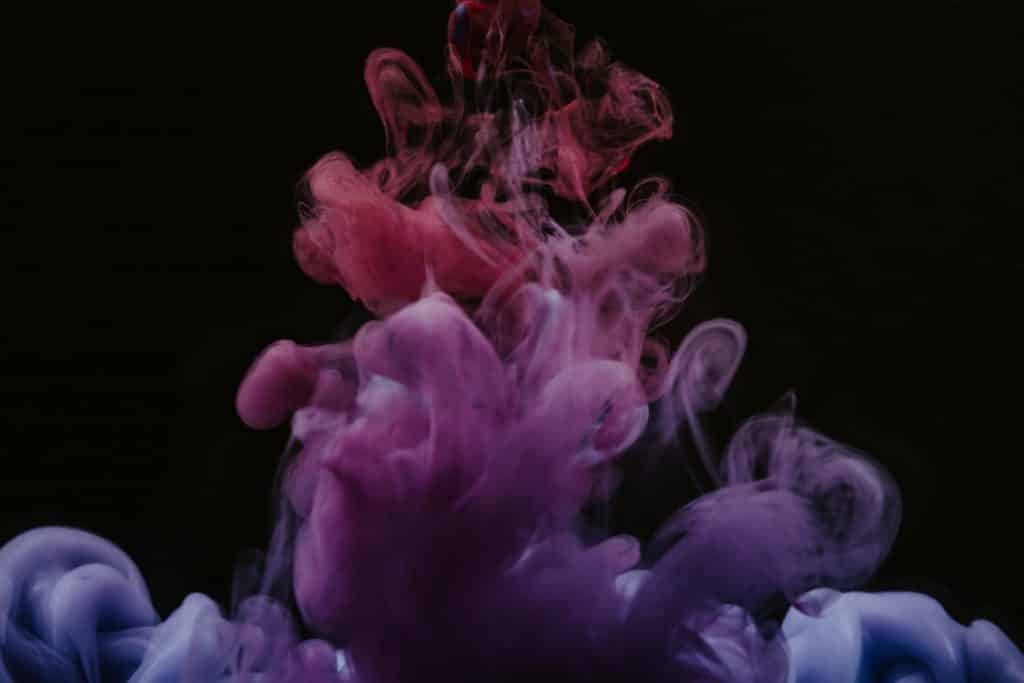
Psychological: Mental health
In the quest for a society of whole, healthy people, mental illness is perhaps our biggest obstacle. More people have died of suicide than in all of our wars and natural disasters combined, and in the US, almost two-thirds of Americans report feeling lonely—a risk factor for premature death that rivals smoking and obesity.
The entropic brain hypothesis, developed by Dr. Robin Carhart-Harris at the Imperial College London, states that mental health afflictions like addiction and drug abuse, obsessions, eating disorders, and depression are all characterized by rigid thinking maintained by an overactive default mode network (DMN), or the neural correlate of the ego. Psychedelic drugs like LSD dismantle the DMN, which creates more entropy in the brain and allows for both negative neural patterns to break down and for new positive patterns to emerge.
Although there has yet to be clinical research studying the direct effect of microdosing on mental health disorders, promising observational data shows that the power of psychedelic-infused entropy is being used by people all around the world to heal. A study surveying more than 1,000 microdosers found a decrease in depression, and another large cross-sectional study found a decrease in negative mood and dysfunctional attitudes, as well as an increase in open-mindedness and wisdom. A third found that, compared to conventional medication, microdosing was more effective in alleviating “anxiety, ADD/ADHD, and physiological disorders such as pain”.
However, not all participants microdosed with LSD, muddying our understanding of LSD’s effect on mental health disorders versus that of psilocybin (magic mushrooms) or DMT. (As a general rule, LSD is anecdotally reported to be more stimulating and creativity-enhancing, while psilocybin is reported to be more introspective and geared towards emotional well-being).
That being said, there is currently one study from Maastricht University that directly looked at the psychological effect of a 5-20 ug dose of LSD in healthy volunteers. They found a decrease in depression and anger, as well as an increase in positive mood and friendliness. Importantly, they also found an increase in anxiety and confusion, as well as a decrease in feelings of concentration and productivity at 20 ug. These findings, while promising, remind us that psychedelic use is not for everyone, and that it often requires a stabilizing container of smart dosage, intention-setting, contemplative practice, and integration groups to mitigate negative side effects.
Curious about supporting your mental health through psychedelics? Check out Third Wave’s vetted directory of ketamine clinics and psychedelic therapists in the US.
Psychological: Creativity
A study looking at microdosing psilocybin truffles found that the practice increased divergent and convergent thinking, which are common indicators of enhanced creativity. Although the study was done with psilocybin, LSD and psilocybin are both agonists, or activators, of the 5-HT2A serotonin receptor in the prefrontal cortex, so it would be a reasonable inference, given many reports of increased creativity, that LSD works in a similar way.
In addition, many users report increased access to flow states. A flow state is, according to psychologist Mihaly Csikszentmihalyi, “a state in which people are so involved in an activity that nothing else seems to matter; the experience is so enjoyable that people will continue to do it even at great cost, for the sheer sake of doing it.” Most people know this state as being “in the zone”.
There is no clinical evidence supporting LSD’s role in producing flow states, but microdosing LSD causes brain waves to shift to alpha oscillations, boosts serotonin and dopamine, and opens up the brain through a dismantled DMN—all biological markers of getting into flow.
Spiritual: Interconnectedness and the “Deep Now”
While high doses of LSD elicit the kind of mystical experience that can make even the most hardened materialist reconsider their viewpoint, microdosing’s spiritual benefits are much more subtle.
At the core of almost every spiritual tradition lies the idea of oneness, or a fundamental interconnection of all things. The gateway to experiencing this oneness is a total immersion in the present moment—what Jamie Wheal calls the “Deep Now”. If you’ve ever been to a music festival, shared a passionate moment with a lover, or fell into flow doing a creative project, you’ve experienced the Deep Now. Boundaries between you and “not-you” dissolve, and a potent sense of connection arises.
These experiences might not be full-blown samadhi or involve communication with a higher intelligence, but they can be considered spiritual insofar as they allow us to step out of separation consciousness and into unity consciousness. Microdosing LSD can help us take that step more often and with greater impact by increasing our access to the Deep Now, which it does in two ways.
The first way is through healing. By helping us release the weight of our conditioning, such as trauma or a painful limiting belief, microdosing frees our awareness from the intrusive thoughts and bodily tension that take us out of the present moment. Second, because the DMN is dismantled and new lines of communication open in our brains, microdosing can make the world less homogenous and dry and more intriguing and colorful. This makes it more likely to become enraptured by the present moment.
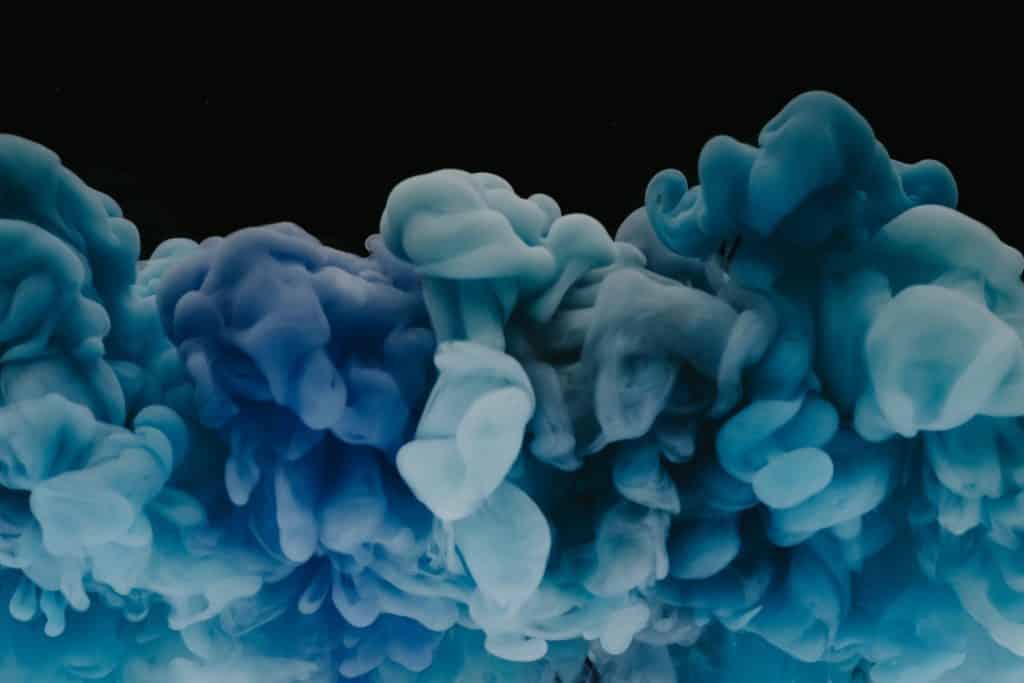
Benefits of macrodosing
Note: If you have a family history of psychosis or schizophrenia, you should not take LSD, because there is a risk of triggering a psychotic episode. Halugen’s psychedelic pre-screening platform offers a comprehensive solution to identify inter-individual variations to psychedelic drug effects, highlight short- and long-term genetic risk profiles as well as categorize personal and familial risk. See this article on risks for more information.
Long since the days of Timothy Leary, LSD macrodoses have become credible and powerful therapeutic modalities, poised to revolutionize neuroscience, neuropsychopharmacology, and psychiatry.
Although there is no clinical evidence for physical benefits of macrodosing (taking a full dose of) LSD, there is very promising data on its positive psychological and spiritual effects.
A meta-analysis of randomized-controlled clinical trials using LSD in psychiatry found that LSD is most effective in treating alcoholism, adding rigorous scientific support to back the positive experiences of many patients treated for alcoholism in the 1950s and 60s under Humphrey Osmond and at the Spring Grove Hospital Center. In a study published in the Journal of Psychopharmacology, psychiatrist Dr. Peter Gasser found that LSD-assisted psychotherapy helped terminally ill cancer patients decrease their end-of-life anxiety and increase their subjective quality of life. Currently, there is a Phase 2 clinical trial underway to study the effect of LSD therapy on depression as well, which could possibly add another tool to the psychedelic arsenal of psilocybin and ketamine in the fight against treatment-resistant depression.
Psychedelic company MindMed is looking at the effects of “candyflipping” (combining LSD and MDMA) for the first time in a clinical setting. LSD macrodoses can sometimes be challenging, and while these challenging moments are often rewarding in the long run, the enhanced pro-sociality, trust, and positivity of MDMA could potentially allow for a more “optimized” healing experience for a wider array of patients.
On the spiritual side, researchers at the Johns Hopkins University School of Medicine surveyed 1,251 people who had a mystical experience while under the influence of LSD. These people reported positive changes, such as life satisfaction and increased purpose and meaning, that lasted for decades after the experience. In general, people who feel a sense of oneness with the universe, occasioned by hallucinogens or otherwise, are more likely to report themselves as happy and fulfilled than those who do not.
LSD’s therapeutic potential to produce positive effects and transformation is just beginning its newfound journey. In one vision of the future, the stigma around illegal drugs will fade into the background. Psychedelic drug use to treat mental health conditions, and maybe even life-threatening diseases, will be baked into Western culture. Maybe then we’ll understand why thousand year-old traditions have survived after all of this time.
Maybe, we’ll become a society that reignites into wholeness.
Want to learn how psychedelics can help you level up your life and improve well-being, while starting with small doses instead of a full-scale macrodose journey? Check out Third Wave’s Microdosing Course. Using the latest research from cutting-edge scientists and doctors, we’ll help you develop a customized, step-by-step process to change habits, enhance creativity, and optimize performance.
This blog article uses affiliate links. Third Wave receives a small percentage of the product price if you purchase through any affiliate links. Read our ethics and affiliates policy here.

